Small States and Security in Europe: Between National and International Policy Making
- Organization
- University of Cambridge
Description
This call aims to gather contributions for a special issue on the topic with one of the major scholarly journals. A workshop at the University of Cambridge will be organised in May/June 2019 to discuss draft papers.
Context:
All states are nominally equal in the international arena. Practically, however, countries differ from each other, and they dispose of different influence over events in international politics. Smaller states have traditionally been treated as objects of international relations rather than subjects. They were considered ‘marginal at best and counterproductive at worst’ and often easily bought off with various side payments. Small states could rarely defend themselves from their bigger neighbours if attacked; they needed to adopt specific strategies to ensure their survival, such as balancing or bandwagoning. It was only after the end of the Cold War’s bipolarity that smaller states appeared to have more opportunities to play significant roles and became the target of more scholarly attention.
Smaller states cannot expect to have much influence on shaping events. They tend to be norm takers rather than norm shapers, and they need to react with caution to any change in the international structure. In a more orderly world, however, small states can thrive. The majority of world states today as well as in the EU and NATO are small. New security challenges, such as cyber security and disinformation campaigns, have opened more room for small states to provide niche capabilities and expertise. It is therefore unsurprising that recent research takes an interest in small states. Scholars not only ask whether small states have any influence at all, but through which means and channels they execute their influence and how they succeed in shaping the world around them.
International organisations are particularly important for small countries. They provide the necessary stability through established procedures and prevent stronger states’ excesses by enforcing common rules. Within their bounds, small states can gain leverage through means other than sheer power, population, or size of the economy, such as through arguing, problem-solving, or framing. However, small states remain structurally disadvantaged due to their limited personnel and means. They cannot expect to become shapers across all policies and issues. They need to pick and choose instead to concentrate capacities on priority issues. And they are, sometimes, bound to live with results that they and their domestic constituencies do not particularly like or understand.
Security policy is a special case in many respects when it comes to policy-making in international organisations, but it is no exception from the point of view of small states. Unlike on other topics, all international organisations, including the European Union, have maintained unanimous decision-making on security policy. But scholars have long argued that small states cannot use their veto power as freely as larger countries and as often as the rules allow. Blocking a collective decision costs political capital that the small states need to use wisely and efficiently. Thus, they usually restrict their veto to cases that clearly and unequivocally touch upon basic national interests. Even on security, therefore, small states may decide rather to support a suboptimal policy than to clash head-to-head with their partners. Occasionally, this may lead to a policy that is seen controversial at the national level, or to a policy that does not sufficiently address domestic security concerns.
The special issue aims to address the specific position of small states in European security institutions, and the strategies and methods states and their representatives use to shape policy-making and perceptions internationally, as well as domestically. In particular, but not exclusively, the contributions may focus on the following issues:
· Small states’ strategies to influence international organisations, such as the EU and NATO
· The role of “size” in European security policy-making
· The question of success in security policy-making
· Small states’ government behaviour in comparative perspective
· The interplay between domestic and international security discourse and policy-making
· The clash between domestic and international threat perceptions
· Small states and the internal-external security nexus
· The role of geography, institutions, and history on small states’ preferences
Comparative contributions will be particularly welcome, but no theoretical or methodological constraints will be imposed on authors.
Procedure and dates:
Please, send the provisional title of your contribution, an abstract of up to 250 words, together with your name, title, institution, and contact information by 10 December 2018 to Dr Tomas Weiss (weiss@fsv.cuni.cz). The conveners will inform about the result of the selection by 20 December 2018. Selected contributors will be asked to submit the full text of their paper by 30 April 2019 and invited to the workshop in Cambridge in May/June 2019.
